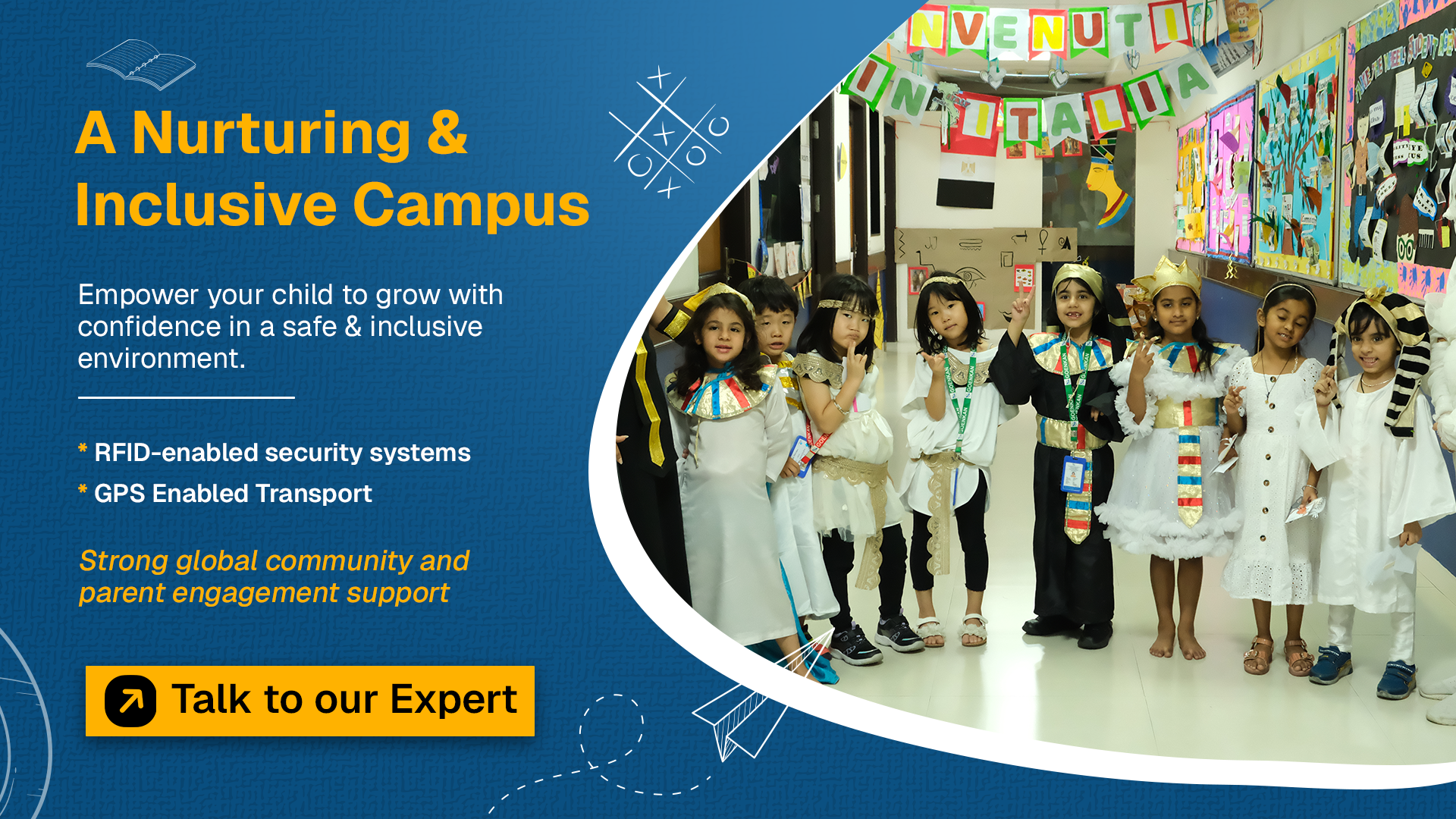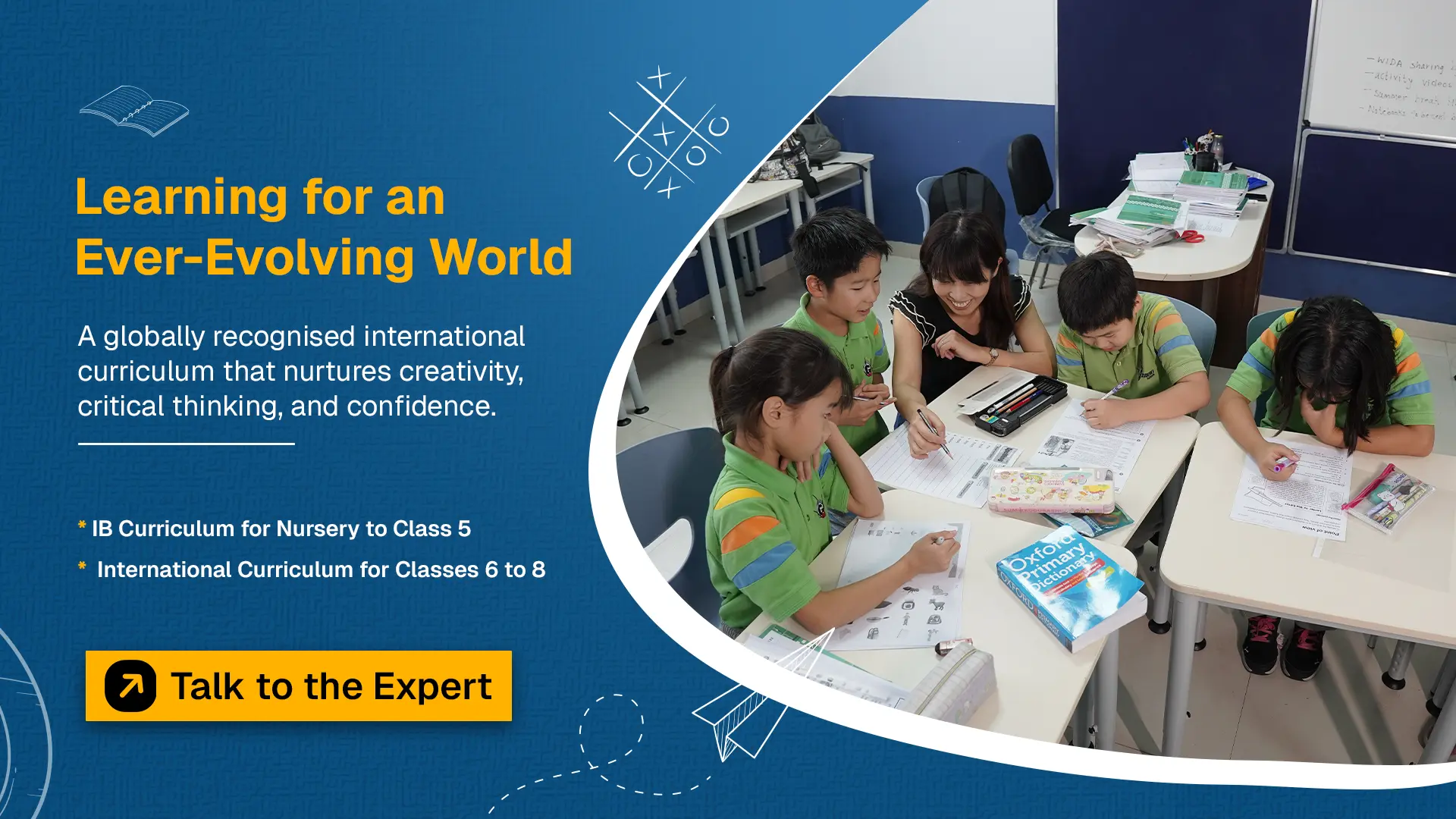In A Class of Their Own…
HOME SCHOOLING IN INDIA
BY AMANDA JOHNSON
As the COVID-19 pandemic still continues to impact upon our lives and concerns grow as to how long this current situation will persist, one doubt on every parents’ mind, is the long term affect it may have on their child’s education.
Home schooling is becoming a hot topic in India, and is very different to the online classes schools are currently offering as an educational substitute whilst they are closed.
Originating in the West around the 1970’s, home schooling was fraught with criticism and negative undertones of being advocated by ‘liberal left wing’ supporters and ‘free thinking hippies’ who, in their opposition to hierarchy, refused to conform to the regular system of education, deeming it oppressive, detrimental and not necessary.[i] The school system was even seen by some extreme religious groups, as nothing short of evil brainwashing which endorsed thought control in the young masses.
Fast forward 50 years and a lot has changed. Home schooling, although still unconventional, is now regarded as an acceptable educational alternative, and one which is gaining momentum in our current climate, with parents becoming curious about adopting this method of education, possibly as a temporary or emergency stop gap to ease growing financial pressure, and or, until schools re-open.
There are obvious pros and cons to mull over when considering a home based education as an alternative option.
Even with the online resources available, it can be confusing when trying to navigate where to start in selecting which curriculum template you are going to follow. It is not a decision which can be taken lightly. Being willing to home school is a big responsibility and assumes a huge commitment…not everyone has the patience required.
Research shows that in order to home school efficiently, the minimum hours assigned each day for lessons, course exercises and reflection time should be at least three to four. That’s for five days a week, in order to cover the curriculum content…planning, organising and implementation are extra hours to be figured into your education from home routine. You may need to swot up on subject matter beforehand, not everyone left school as a walking encyclopaedia!
There may be days when you are unable to give them your full commitment due to personal responsibilities. Once there is a break in the routine it is very difficult to play catch up, pressure will mount, frustrations will build and teaching will be less relaxed as a result.
Large costs are also involved with home schooling and you will have to be well prepared. Online resources, syllabus materials, books and stationary will all start to add up rather quickly…especially if your home school has more than one child requiring different teaching levels.
However, once you decide to take the home schooling approach, the rewards can be very gratifying. Everything is an education for children as they are a blank canvas, you will have the directive in how and what your child is learning, within an unrestrictive and flexible environment.
It can actually deepen the bond you already share as you spend quality time imparting knowledge, and in some cases, learning new topics together. You will soon find out where their hidden talents lay. Plus, any weaknesses can be worked upon without making them feel inadequate and below the standard of the rest of their classmates.
Education is not only limited to the classroom, include activities not just academics. Make learning fun, innovative and goal orientated. Children that are excited to learn, generally retain information better.
Above all, if it’s starting to get a little overwhelming, don’t be afraid to reach out. There are plenty of support groups for home schooling, where you can ask questions, share techniques and get some guidance from other like-minded parents. Even the children can connect with each other so they are not totally isolated in their education at home experience.
Teaching is more than merely being able to tick the boxes in a syllabus. Most teachers are passionate about their dedicated vocation, which has taken years of study and teacher training in order to gain hands on experience. Not everyone has a ‘teacher’ inside of them, so choose wisely between conventional and unconventional schooling, after all…it just maybe the future Prime Minister that you are reading a bedtime story to each night!
[1] John Holt – Educational theorist and founder of the ‘Unschooling Movement’ circa 1970.






